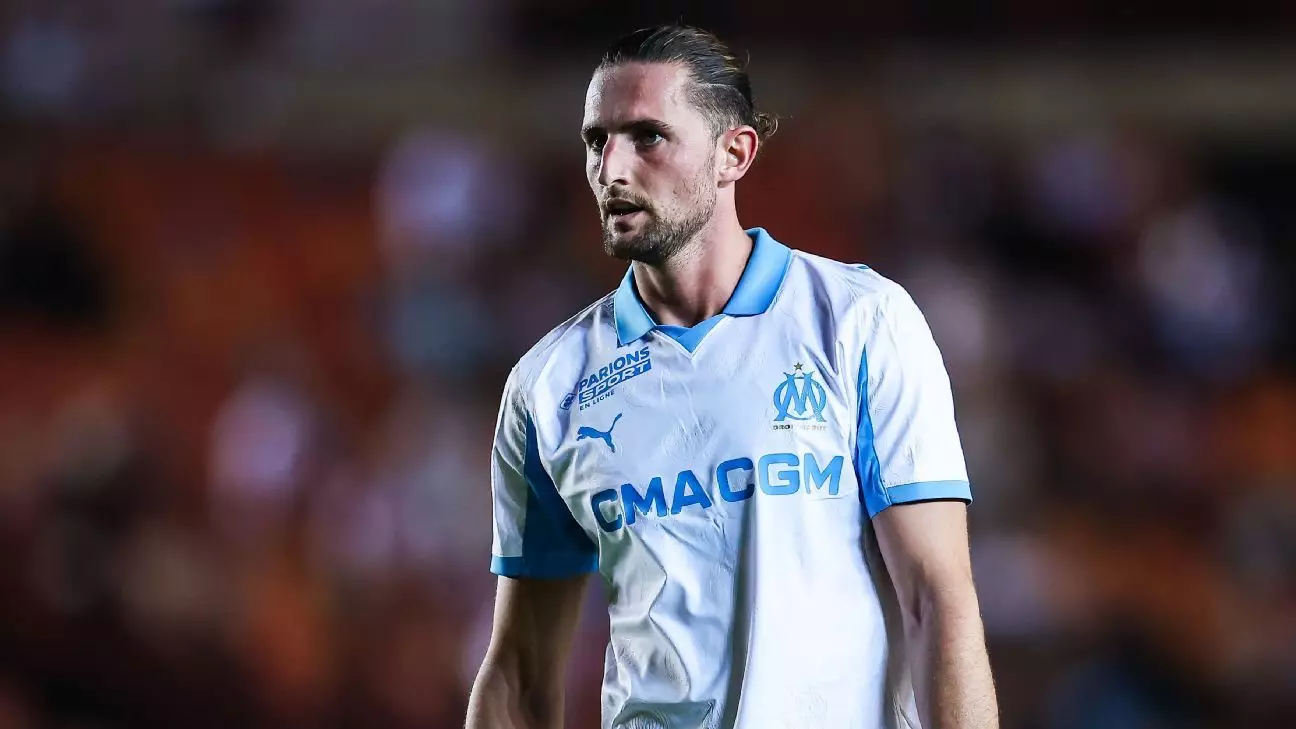Marseille’s recent decision to banish Adrien Rabiot and Jonathan Rowe from its roster represents a striking assertion of authority and a clear stance on internal discipline. This decisive action by Roberto De Zerbi underscores a club philosophy that prioritizes unity, professionalism, and respect above individual egos. In a high-stakes environment like top-flight football, such breaches of conduct threaten not only team cohesion but also the club’s reputation, and Marseille’s leadership appears intent on sending a powerful message that unacceptable behavior will not be tolerated regardless of player reputation or talent.
The incident itself—an altercation following a tough loss—reveals underlying tensions that had been simmering beneath the surface. Rabiot’s frustration with Rowe’s perceived lack of effort, combined with their verbal exchanges escalating into physical conflict, hints at deeper issues related to accountability and mental resilience. Rather than brushing these tensions under the carpet, Marseille chose to confront them head-on, emphasizing that in their vision, harmony within the squad takes precedence over individual performances or contractual statuses.
This stance, however, invites scrutiny. While enforcing discipline is essential, critics might argue that such harsh measures could set a damaging precedent. Is this the right approach for nurturing young talent and maintaining morale? Perhaps. But the decision to swiftly isolate Rabiot and Rowe raises questions about the club’s long-term strategy for player development and its capacity to handle conflict constructively. The move also highlights a broader debate within football about managing personalities and expectations in a competitive environment that often valorizes individual brilliance over collective discipline.
Implications for the Future of Marseille and Its Players

The immediate aftermath of these expulsions leaves Marseille at a pivotal crossroads. Both players are now on the transfer list and have a deadline to find new clubs before the transfer window closes. For Rabiot, a seasoned international with ample suitors, this situation is a potential opportunity or obstacle — depending on how he responds. His past reputation as a top performer could attract interest from giants like Juventus or Inter Milan, which may see the disciplinary moment as a temporary lapse rather than a lasting flaw.
Conversely, Jonathan Rowe’s departure could be a mixed blessing. The young winger, still trying to establish his footing in top-tier football, now faces uncertainty. His options, primarily within England, offer a chance for him to reset and demonstrate resilience. Yet, there remains a risk that this incident could stigmatize him, making other clubs wary of investing in a player involved in such high-profile discord early in his career.
The long-term effects hinge on how Marseille rebuilds from this upheaval. Will the club double down on strict disciplinary codes, fostering an environment of accountability that discourages incidents? Or will this disciplinary stance create a divisive atmosphere, discouraging players from expressing frustrations constructively? De Zerbi’s leadership will undoubtedly be tested as he balances maintaining order with nurturing talent and morale.
The broader football community will watch closely—this episode reflects the tension between individual expression and team solidarity. Marseille’s bold move to exile two players may serve as a cautionary tale for clubs striving to impose discipline without stifling growth. Ultimately, how Marseille navigates this crisis could redefine its internal culture and influence its reputation in the fiercely competitive world of Ligue 1 and beyond.

